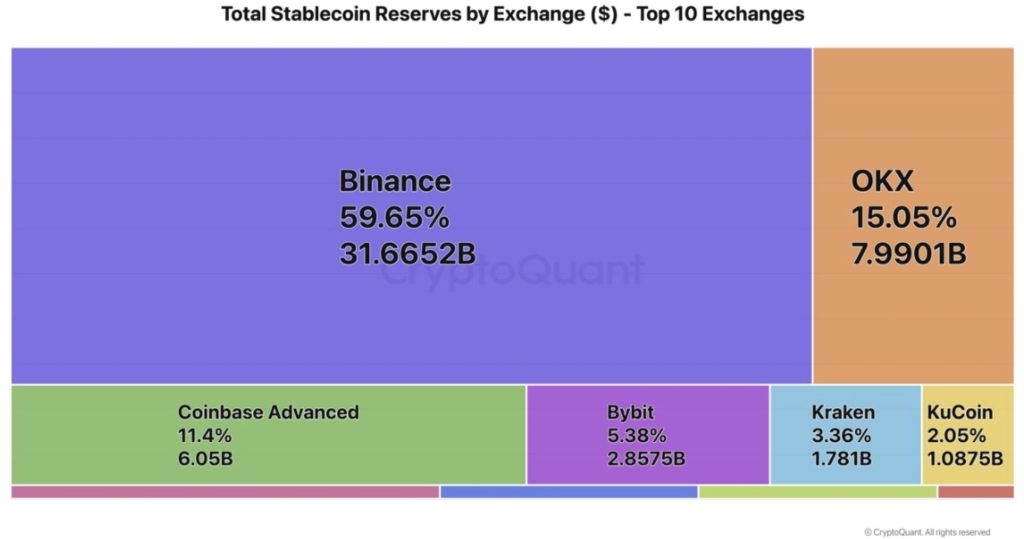There is a need for more accountants in the accountancy sector, as the number of applications dropped by 36% between 2021 and 2022. There are fears that this decline could undermine the strength and stability of the accounting industry, as some firms have reportedly been forced to turn away work due to a lack of skilled employees.
Organizations must begin taking action to deal with this issue as soon as possible. It has become essential for accountancy firms to rebuild and nurture dwindling talent pools to remain competitive.
The question then becomes, how can firms fill the skills gaps they are currently experiencing?
Embrace automation
With the advancement of technology, we will see more and more automation in the accounting industry. This will likely require the use of artificial intelligence, machine learning and other advanced technologies that can automate tasks and enhance efficiency. Nevertheless, automation does not mean that machines will replace human workers. Instead this technology should be viewed as a tool to complement the work they already do that can make them more productive and efficient. Ultimately, finding the right balance between automation and human expertise will lead to success in the accounting industry.
As a result of automation, accounting firms can provide their clients with better service. By automating routine tasks and workflows, firms can free up their staff to focus on more complex and high-value activities, such as client advisory services. As an added benefit, automation can enable firms to provide better and faster service to their clients while reducing manual error, which can be a significant competitive advantage.
Firms no longer need the philosophy of “lose a body, replace a body”
There is a great deal of potential for automation to fill the skills gap currently experienced by the accounting sector. Firms can supplement labor shortages by building in automation to provide better service to their clients, reduce costs and improve the efficiency of their engagements.
An example of how automation can be implemented in the accounting industry is through metadata-driven document management. For example, a proficient accountant can complete a basic tax return in as little as two hours. However, it can take around eight to 10 days to gather all the required information and documentation from their client. It is imperative that firms prioritize their document management solutions as this is where the bulk of their time is spent. In the current fast-paced tax preparation industry, efficiency and accuracy are crucial. Using automated workflows and systems that allow for only one single version of truth will improve the accuracy of deliverables and client satisfaction while saving staff time and reducing manual error.
The purpose of metadata-driven document management is to help organize and manage files based on information about them. The relevant types of metadata fields we are likely to see in the accounting industry are the type of document, related client name, prepared by, and engagement type, to name a few. As a result of this data, documents can be easily found, shared and pushed through relevant workflows, removing the onus from the staff to track the status or spend insurmountable amounts of time organizing or finding information. This can simplify accounting processes and engagement management and reduce the amount of time spent on administrative tasks.
Technology exists to assist accountants, not replace them altogether
The right technology can help accountants complete engagements more efficiently, allowing the firm to take on more clients without needing to hire additional employees. Technology can assist document management in various ways by providing a secure platform for information exchange, intuitive organization methods using metadata (tags that describe the contents of a file) and applying dynamic access controls to all documents.
Accounting firms can save and access documents from anywhere at any time through cloud-based document management systems, which is especially important in the remote work-from-anywhere world or while traveling to client sites.
Document management systems also provide version control tools, which ensure that everyone is working from one true version of the document and accidental changes made to a document can be reversed easily.
Finally, automation supports accountants by easing the compliance burden and preventing them from compromising sensitive information. AI can scan documents and update metadata tags, trigger workflows and automatically assign permissions even as teams change, meaning that files are only viewed by the right employees or clients. As a result, accountants no longer have to worry about classifying documents or data sets or applying access controls themselves.
Streamlining internal processes enhances the employee experience
Almost all accountants know that choosing the right accounting technology can profoundly affect their ability to serve their clients, satisfy their staff and build deeper relationships with their clients. The question is, how do you streamline your accounting processes using technology to the fullest extent possible?
A problem that knowledge workers face, especially in the accounting industry, is finding and retrieving historical documents. When efficient processes are implemented, enabling accountants to access the required files or datasets through simple keyword searches instead of laboriously navigating folder structures, the once time-consuming task transforms into a swift search, allowing them to delve right into the heart of the engagement. As a result, employees are far more likely to be engaged in the workplace and commit to the firm in the long term as the firm prioritizes employee experience.
A simple example of where this is beneficial is the generation of reports, data entry and reconciliations, which are routine, repetitive tasks. The automated analysis of large volumes of data can help detect patterns and trends that may be cause for alarm and would otherwise go undetected because of limitations on humans to read large amounts of data. As a result, accountants can collect and analyze this data to provide their clients with better insights into their financial landscape.
Credit: Source link





![[LIVE] Crypto News Today: Latest Updates for July 8, 2025 — Nasdaq-Listed Murano Global Adopts Bitcoin Treasury Strategy With $500M Backing [LIVE] Crypto News Today: Latest Updates for July 8, 2025 — Nasdaq-Listed Murano Global Adopts Bitcoin Treasury Strategy With $500M Backing](https://cimg.co/wp-content/uploads/2025/07/08033057/1751945456-daily-news8.jpg)





